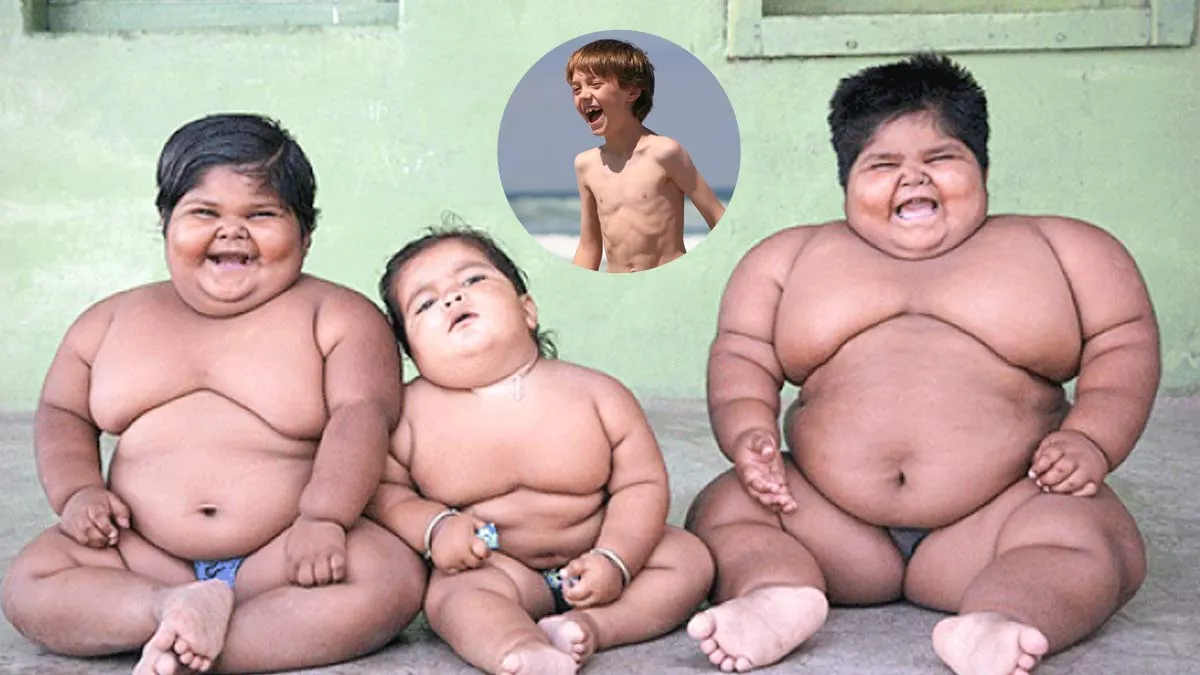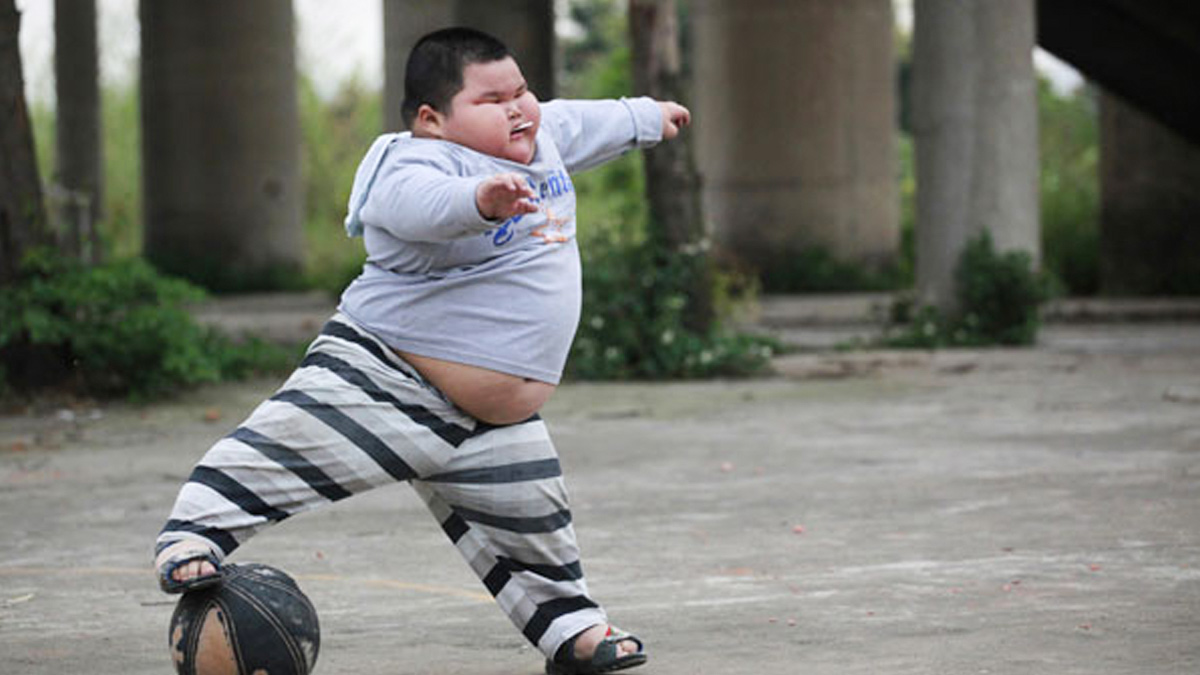
The problem of obesity has turned out to be one of the greatest worldwide health issues. The world was preoccupied with malnutrition and underweight children for years. However, nowadays the issue has a completely different appearance. The rates of childhood obesity are increasing rapidly, and the statistics are alarming.
According to a new study released by UNICEF, more than twice the number of obese and overweight children are found throughout the globe compared to the underweight. It is the first time that an increasing number of children have to cope with additional weight rather than with its absence. This transformation brings out the change in food habits and lifestyles, and why something should be done immediately.
The UNICEF Study and Its Findings![2 - 2025-09-11T130709.254]()
UNICEF published its report Feeding Profit: How Food Environments are Failing Children in September 2025. The study collected data from over 190 countries between 2000 and 2022. The results show a clear shift in global child nutrition.
Key findings include:
- Around 188 million children and adolescents aged 5–19 are now obese.
- Obesity in this age group rose from 3% in 2000 to 9.4% in 2022.
- In the same years, underweight cases dropped from 13% to 9.2%.
- Only regions like South Asia and sub-Saharan Africa still report more underweight than overweight children.
The primary forces behind this trend are also indicated in the report:
- Availability of unhealthy fats, salt and sugar-containing ultra-processed foods.
- Ruthless advertising of fast food and candy.
- Modifying food environments in which schools, stores and online platforms encourage less healthy options.
UNICEF observes that these settings are defining the way children consume and survive, and are in many ways steering them towards inappropriate diets that predispose them to obesity.
ALSO READ: Study Shows THIS Alternative May Help Prevent Heart Attacks and Strokes
Helping Obese Children Stay Active![3 - 2025-09-11T130711.479]()
Although the statistics are rather frightening, simple changes in lifestyle can make a significant difference to obese or at-risk children. These are the steps that can be applied in practice by parents and caregivers:
- Foster daily play: Fun activities outside the house, such as hide-and-seek, hopscotch, or ball games, are good exercise.
- Reduce screen time: A Reduction in hours of screen time gives more play time.
- Encourage active commuting: Active commuting, like walking or cycling to school, can make kids active.
- Get exercise enjoyable: Dance, swim, join a sport can be less about exercise and more about play.
- Eat healthier foods: Continually substitute sugary snacks and soda with fruits, vegetables and water.
- Encourage: It is better to be positive instead of harsh. Praise little steps to healthier living.
Such measures, together with the healthier food environment, would be able to reverse the trend of obesity and provide the children with a healthier future.
ALSO READ: Taking Contraception? New Study Highlights Potential Impact on Memory Loss
Conclusion
The UNICEF report is a wake-up call that challenges to child health are transforming. It is not just underweight anymore, but obesity is a major worldwide concern. Although the problem is complicated, there are solutions. Each step counts, whether it is families actively promoting activity in the family or schools and governments to make school environments healthier by promoting health. The idea is straightforward: to make sure that every child, regardless of the place of residence, has an opportunity to develop healthy and strong.
Also watch this video
How we keep this article up to date:
We work with experts and keep a close eye on the latest in health and wellness. Whenever there is a new research or helpful information, we update our articles with accurate and useful advice.
Current Version

